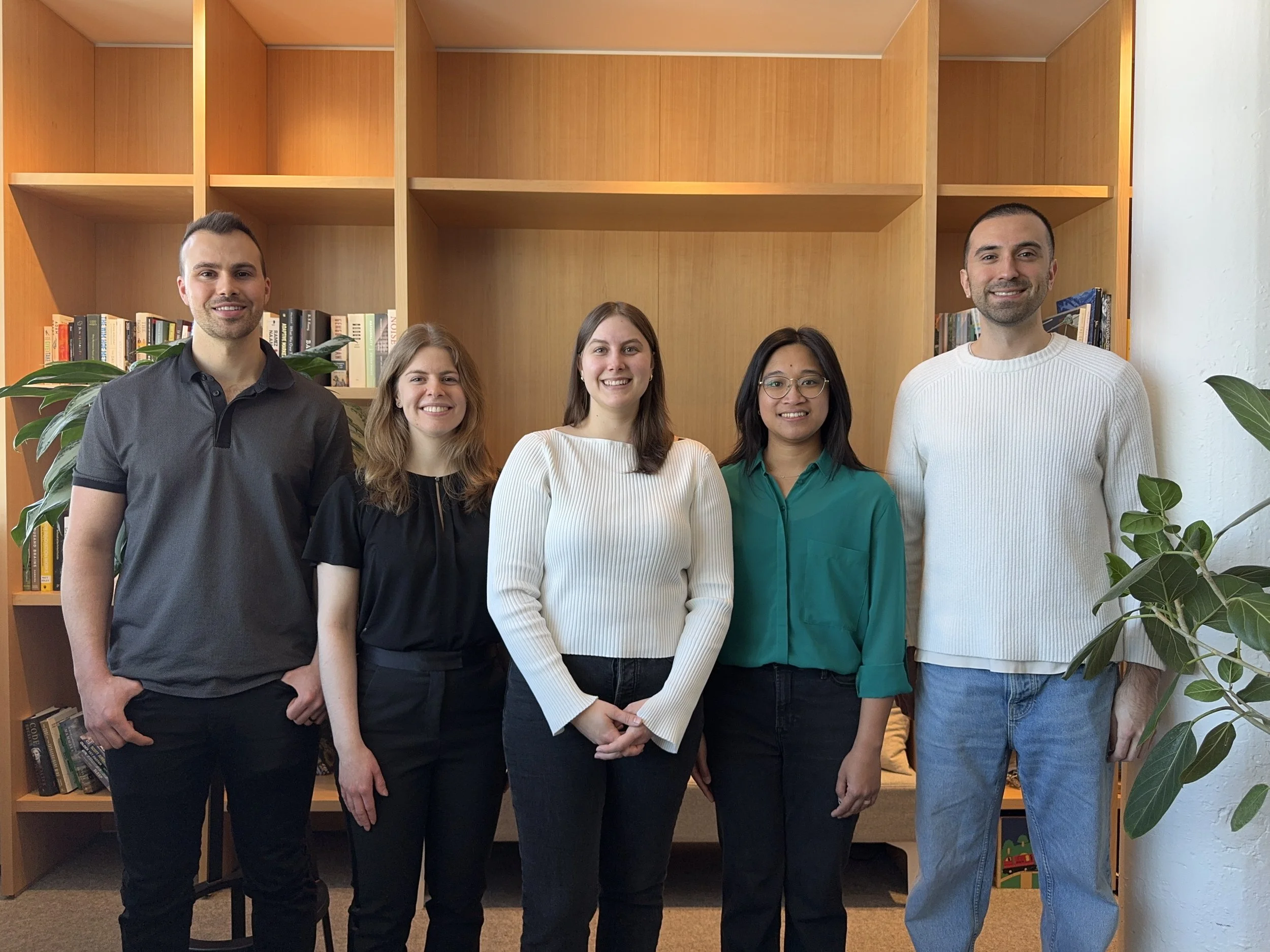
Press
-
PROTEIN PRODUCTION
Opalia has taken a decisive step toward bringing cell-based dairy to market through a new commercial agreement with global dairy heavyweight Hoogwegt. The Montreal-based startup announced the strategic partnership in recent days, calling it the world’s first commercial deal to develop and distribute dairy products made without animals.
-

LA PRESSE
In their Montreal laboratory, two entrepreneurs [Lucas House (left) and Jennifer Côté (right)] are aiming for the firmament, or rather the Milky Way: they want to “cultivate” real milk without milking a single cow. This is the only way, according to them, to supplant the traditional dairy industry, which warms the climate and exploits animals.
-

RADIO-CANADA
A Montreal company intends to market milk made from cells. The first tests are conclusive, but production in industrial quantities is not for tomorrow.
-

SUSTAINABLE BIZ CANADA
Held from May 23 to 24, The first Quebec Climate Solutions Festival has announced its winners, handing out a total of $300,000 in prize money to five innovators, entrepreneurs and researchers making strides in clean and climate technology. The largest award, the $100,000 start-up prize, went to Opalia, the first Canadian company to make milk without cows.
-

FOOD IN CANADA
Opalia, an early-stage foodtech company that makes whole milk using mammary cells, has reached a crucial in-lab milestone on its path toward commercialization of animal-free cow’s milk. Today, Opalia announced the elimination of fetal bovine serum (FBS), a commonly used component of synthetic cell growth, from its manufacturing process.
-

DAIRY PROCESSING
Opalia, an early-stage foodtech company that makes whole milk by using mammary cells, announced a breakthrough that makes it possible to eliminate fetal bovine serum (FBS) from its cell-based manufacturing process.
-

FOOD NAVIGATOR
If churning out milk from lactating bovine mammary epithelial cells in a bioreactor seems a bit, well, unnatural, ask yourself what’s ‘natural’ about the life of a dairy cow in an industrial-scale dairy farming operation, says Opalia co-founder Jennifer Côté, who got into the emerging field of cell-cultured milk for ‘deeply personal’ reasons.
-

VEGCONOMIST
FBS comes from the placenta of pregnant cows, making it a controversial ingredient in products that are intended to be animal-free. The serum is also expensive, prone to contamination, and highly variable between batches. But now, Opalia has found a replacement substrate that is FDA-approved, making its cell-based milk more ethical and potentially speeding up the process of regulatory approval.
-

GREENQUEEN MEDIA
Montreal-based Opalia has announced that is has successfully produced cell-based milk without the use of fetal bovine serum (FBS). The startup has already secured $1 million in pre-seed funding, with a seed round now in progress for continued R&D and projected scaling costings.

